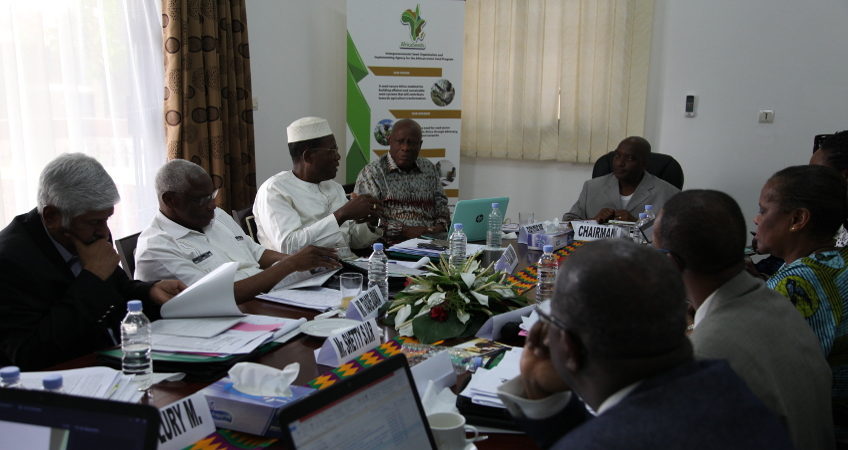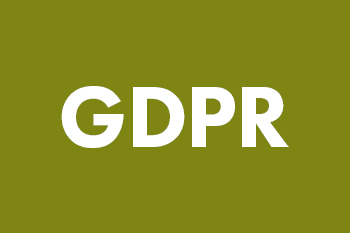From 29 to 2 December in Abidjan, AfricaSeeds, the implementing Agency of the African Union seed program, held its second Governing Board meeting.
The meeting was attended by a dozen of internationally recognized administrators and seed experts. They reviewed the activities of 2016 against the 2016-2025 institutional strategy. They also talked about the future.
Minayaha Siaka Coulibaly, Chief of Staff to the Minister of Agriculture and Rural Development, said: "It is an honour for Côte d'Ivoire to host the only seed institution with a continental mandate. We thus contribute to the battle for food and nutritional security in all African countries". Mr Coulibaly added "Also, we are about to sign the Memorandum of Understanding between Côte d'Ivoire and AfricaSeeds, because we want to formalize our status as a Member State as soon as possible".
Not only has Côte d'Ivoire believed in the mission of the institution for the very beginning, it has also supported it in a very substantial way. Indeed, the Government of Côte d'Ivoire has sustained the Agency from inception and has allowed its steady advancement until today.
Dr Robert Guei, a member of the Board, is Senior Technical Officer of the Office of the Assistant Director-General in charge of the Agriculture Department and Seed Expert with the Food and Agriculture Organization (FAO). He is adamant that putting in place national, regional and continental policies to promote access to quality seeds by smallholders is of utmost importance. "Small and medium-sized seed companies are very well placed to meet farmers' needs for quality seeds of legumes and food security crops. They can make a substantial contribution to food security on the continent" he said. "As a Board member, I am convinced that AfricaSeeds will be able to work towards this direction, while also addressing the many other challenges of the African seed sector" continued Dr Guei.
For Dr Barry Abdul Wahab, Representative of the International Fund for Agricultural Development (IFAD) in Côte d'Ivoire, AfricaSeeds is certainly a young institution, but IFAD could rely on it soon. In line with its Rural Development Report, IFAD calls for a more widespread and sustained adoption of appropriate technologies - including quality seeds of suitable varieties - that would benefit smallholders.
During the course of the Board work, 2016 was defined as the “take-off” year towards its mission to support African seed sector development. Members unanimously insisted that 2017 should feature the consolidation of those achievements, together with proactive relationships with Member States and sub-regional organizations. AfricaSeeds will therefore continue to remobilize Member States and educate them so that Africa can gradually take control of the destiny of its seed industry. This work, started in 2016 in The Gambia, Mali, Senegal, Sierra Leone, Tanzania and Zambia, should continue and intensify in 2017.
For this reason, the other points discussed were the advocacy for quality seeds, and the support to national seed policies. Indeed, there is a growing awareness of the fact that seed quality plays a crucial role in agricultural transformation. However, seed issues are not yet sufficiently prioritized in most policy and technical forums. Advocacy is therefore key and it is up to AfricaSeeds to spread the word and provide a strong rationale for national governments, regional bodies, as well as financial and technical partners for development to take action. The objective is to contribute appropriately to solving problems encountered in seed sector development by each country.
Looking forward to the start of the 2017 financial year, AfricaSeeds has just launched a study to identify opportunities for capacity building in the vegetable seed sector of Côte d'Ivoire.

